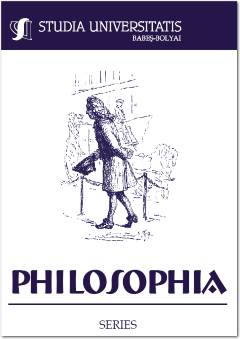THE SOCIAL CONTRACT THEORY IN THE VISION OF JEAN-JACQUES ROUSSEAU
THE SOCIAL CONTRACT THEORY IN THE VISION OF JEAN-JACQUES ROUSSEAU
Author(s): Raluca Marinela SilaghiSubject(s): Philosophy, History of Philosophy
Published by: Studia Universitatis Babes-Bolyai
Keywords: social contract; state of nature; man in society; sovereign; general will; common good;
Summary/Abstract: The social contract theory in the vision of Jean-Jacques Rousseau. Man is not social by nature, becoming social only under the influence of society. In the state of nature, man is solitary, autonomous, his own master. His only worry is to preserve his own life, to assure his necessities of living. With the formation of the first social groups (family), man no longer lives alone, starts to build a roof over his head, to assume certain responsibilities, to enter into communication with those around him, perfecting his language and improving his way of life. With such progress, self-esteem is born, pride, the need to be recognized by others as being superior. Differences in status tear apart the previous equality and lead to conflicts between individuals. Each desires what the other desires to have, not for the sake of that good's intrinsic value, but only because the other desires it. Therefore, in order to assure their own safety, as well as that of their property, men will form a covenant – the social contract.
Journal: Studia Universitatis Babes-Bolyai - Philosophia
- Issue Year: 63/2018
- Issue No: Sp.Iss.
- Page Range: 21-34
- Page Count: 14
- Language: English

